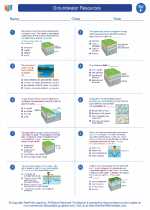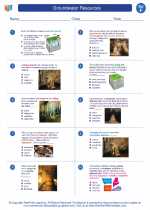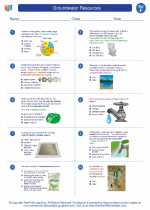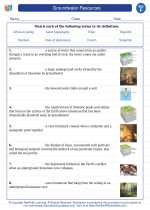Gynecology
Gynecology is the branch of medical science that deals with the health of the female reproductive system. It encompasses a wide range of issues including menstruation, fertility, pregnancy, childbirth, and menopause. Gynecologists are medical doctors who specialize in the diagnosis, treatment, and management of conditions and diseases related to the female reproductive system.
Key Concepts
- Anatomy of the Female Reproductive System: Understanding the structure and function of the ovaries, fallopian tubes, uterus, cervix, and vagina.
- Menstrual Cycle: Exploring the hormonal changes, ovulation, and the menstrual phases.
- Reproductive Health: Learning about contraception, sexually transmitted infections (STIs), and common reproductive health issues.
- Pregnancy and Childbirth: Understanding the stages of pregnancy, prenatal care, labor, and delivery.
- Gynecological Conditions: Exploring common conditions such as endometriosis, polycystic ovary syndrome (PCOS), fibroids, and ovarian cysts.
- Gynecological Examinations: Familiarizing with pelvic exams, Pap smears, and other diagnostic procedures.
- Menopause: Understanding the hormonal changes and associated health considerations during menopausal transition.
Study Guide
To effectively study gynecology, it's important to focus on the following areas:
- Anatomy: Review and understand the anatomy of the female reproductive system, including the location and function of each organ.
- Menstrual Cycle: Learn the phases of the menstrual cycle, the role of hormones, and the process of ovulation.
- Reproductive Health: Familiarize yourself with different contraceptive methods, common STIs, and ways to maintain reproductive health.
- Pregnancy and Childbirth: Understand the stages of pregnancy, prenatal care, labor, delivery, and postnatal care for both the mother and the baby.
- Gynecological Conditions: Study the signs, symptoms, and treatments for common gynecological conditions.
- Gynecological Examinations: Learn about the importance of regular gynecological screenings and the procedures involved.
- Menopause: Explore the physical and emotional changes that occur during menopause and the available management options.
By focusing on these key concepts and areas of study, you can develop a comprehensive understanding of gynecology and its importance in women's health.
Good luck with your studies!
.◂Science Worksheets and Study Guides Sixth Grade. Groundwater Resources
Study Guide Groundwater Resources
Groundwater Resources  Worksheet/Answer key
Worksheet/Answer key Groundwater Resources
Groundwater Resources  Worksheet/Answer key
Worksheet/Answer key Groundwater Resources
Groundwater Resources  Worksheet/Answer key
Worksheet/Answer key Groundwater Resources
Groundwater Resources  Vocabulary/Answer key
Vocabulary/Answer key Groundwater Resources
Groundwater Resources  Vocabulary/Answer key
Vocabulary/Answer key Groundwater Resources
Groundwater Resources 

 Worksheet/Answer key
Worksheet/Answer key
 Worksheet/Answer key
Worksheet/Answer key
 Worksheet/Answer key
Worksheet/Answer key
 Vocabulary/Answer key
Vocabulary/Answer key
 Vocabulary/Answer key
Vocabulary/Answer key

The resources above cover the following skills:
EARTH AND SPACE SCIENCE
Earth’s Systems
Use research-based evidence to propose a scientific explanation regarding how the distribution of Earth’s resources such as minerals, fossil fuels, and groundwater are the result of ongoing geoscience processes (e.g., past volcanic and hydrothermal activity, burial of organic sediments, active weathering of rock).